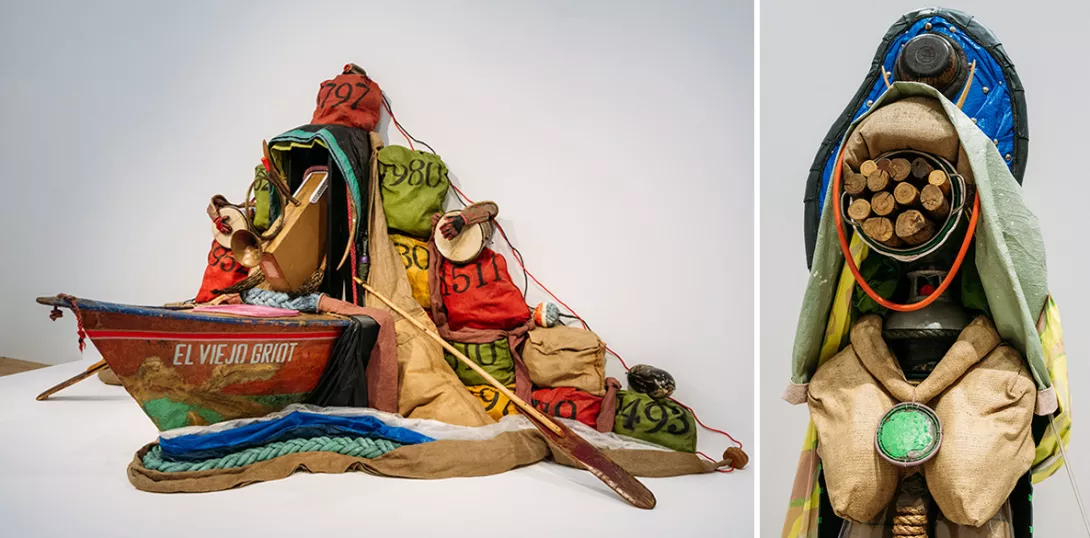ANDY HEDGECOCK relishes two exhibitions that blur the boundaries between art and community engagement
‘This feels like natural communism, where we think of our music and work together as a shared collective’
CHRIS SEARLE interviews veteran pianist VERYAN WESTON
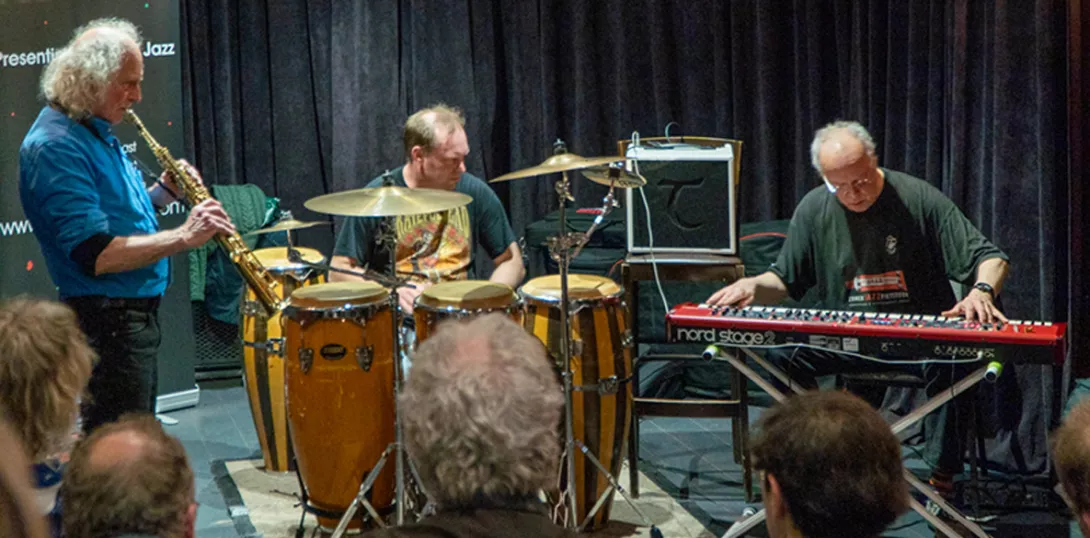
[[{"fid":"70613","view_mode":"inlineleft","fields":{"format":"inlineleft","field_file_image_alt_text[und][0][value]":false,"field_file_image_title_text[und][0][value]":false},"link_text":null,"type":"media","field_deltas":{"1":{"format":"inlineleft","field_file_image_alt_text[und][0][value]":false,"field_file_image_title_text[und][0][value]":false}},"attributes":{"class":"media-element file-inlineleft","data-delta":"1"}}]]GRAVITY is the powerful new album by The Eternal Triangle, composed of octogenarian soprano and alto saxophonist Trevor Watts, septuagenarian pianist and multi-keyboard virtuoso Veryan Weston, and the much younger percussionist Jamie Harris.
More from this author
The phrase “cruel to be kind” comes from Hamlet, but Shakespeare’s Prince didn’t go in for kidnap, explosive punches, and cigarette deprivation. Tam is different.
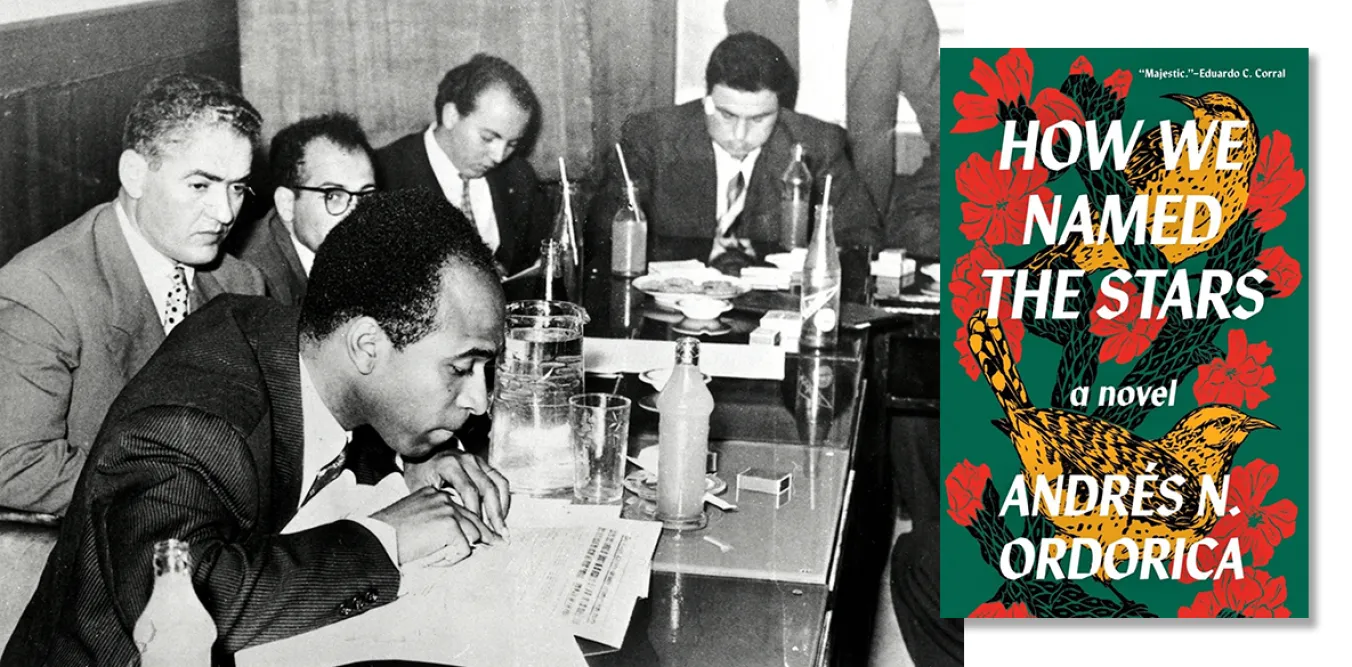
ANGUS REID deconstructs a popular contemporary novel aimed at a ‘queer’ young adult readership

A landmark work of gay ethnography, an avant-garde fusion of folk and modernity, and a chance comment in a great interview

ANGUS REID applauds the inventive stagecraft with which the Lyceum serve up Stevenson’s classic, but misses the deeper themes
Similar stories
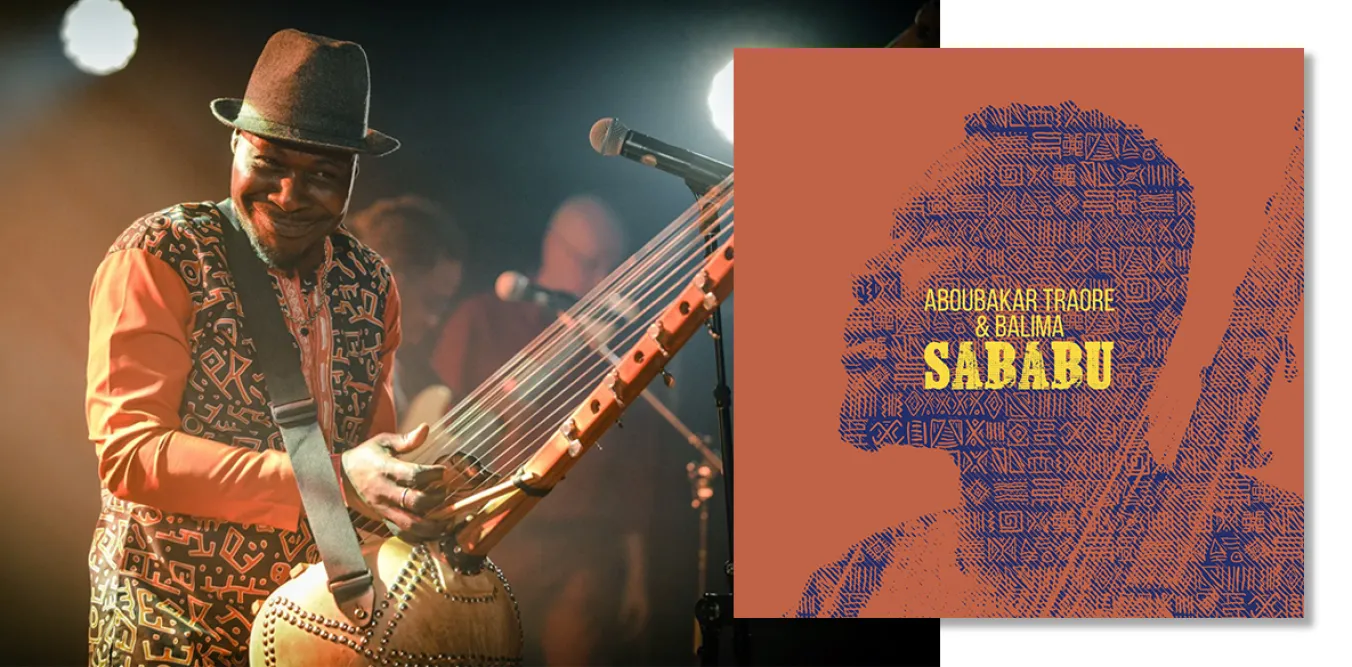
Two new releases from Burkina Faso and Niger, one from French-based Afro Latin The Bongo Hop, and rare Mexican bootlegs

Brazilian groove, Black Africa and Malian mixtures
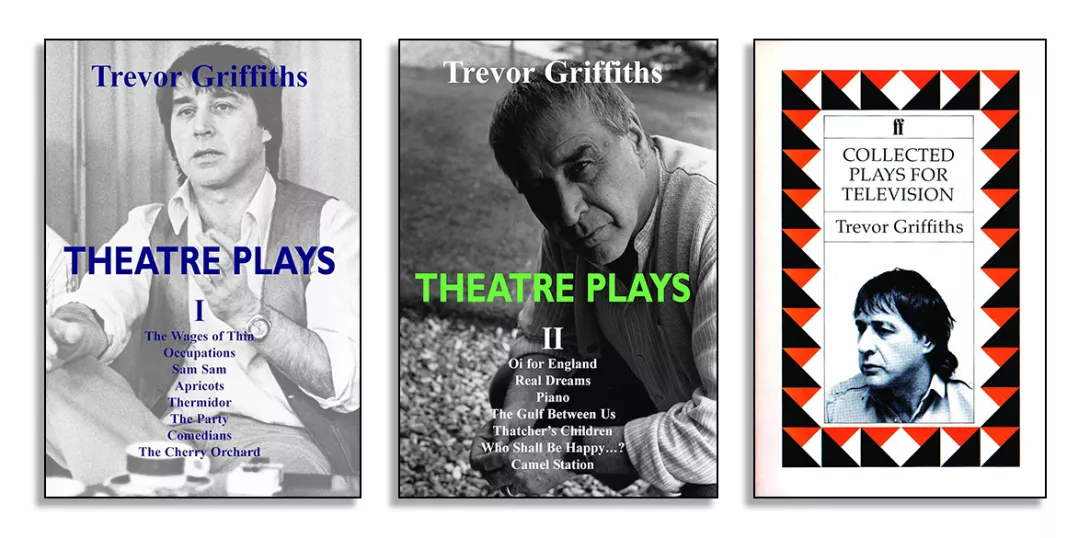
LYNNE WALSH celebrates the prescient political dramas of Trevor Griffiths, playwright, screenwriter and Marxist, born April 4 1935; died March 29 2024

ANDY HEDGECOCK explores the implications of a recent statistical study of music lyrics that highlights the role of monopoly capital in silencing complexity


